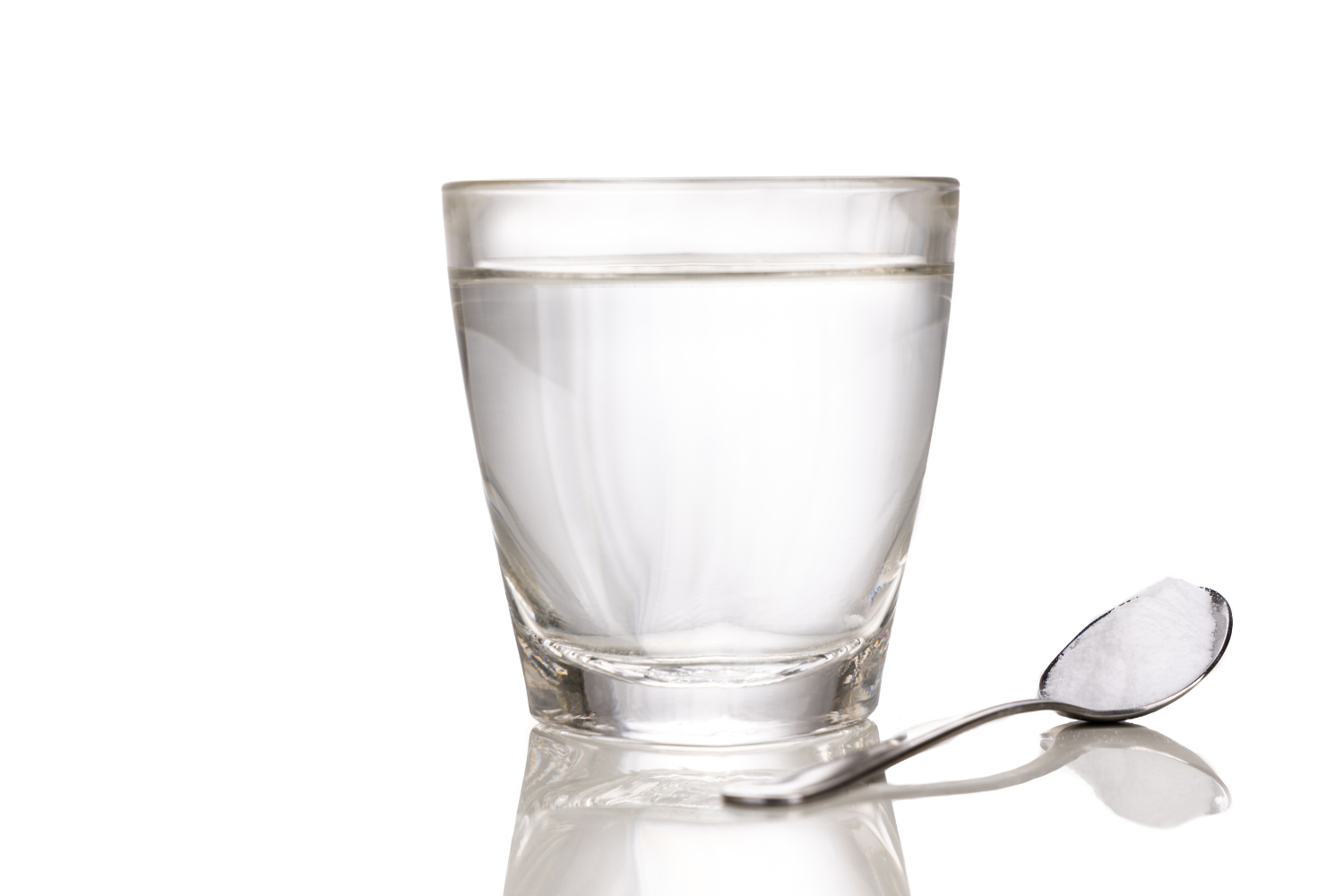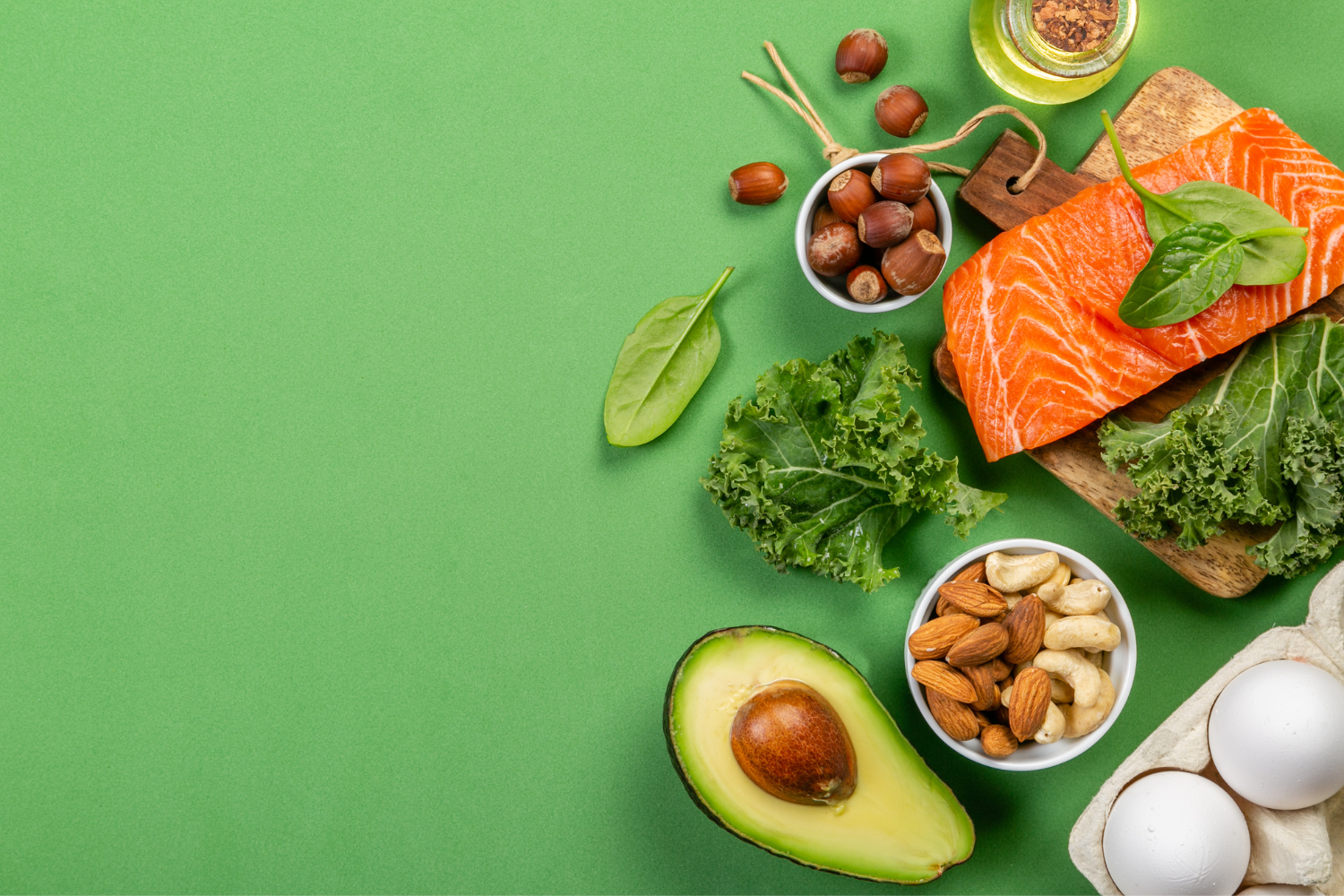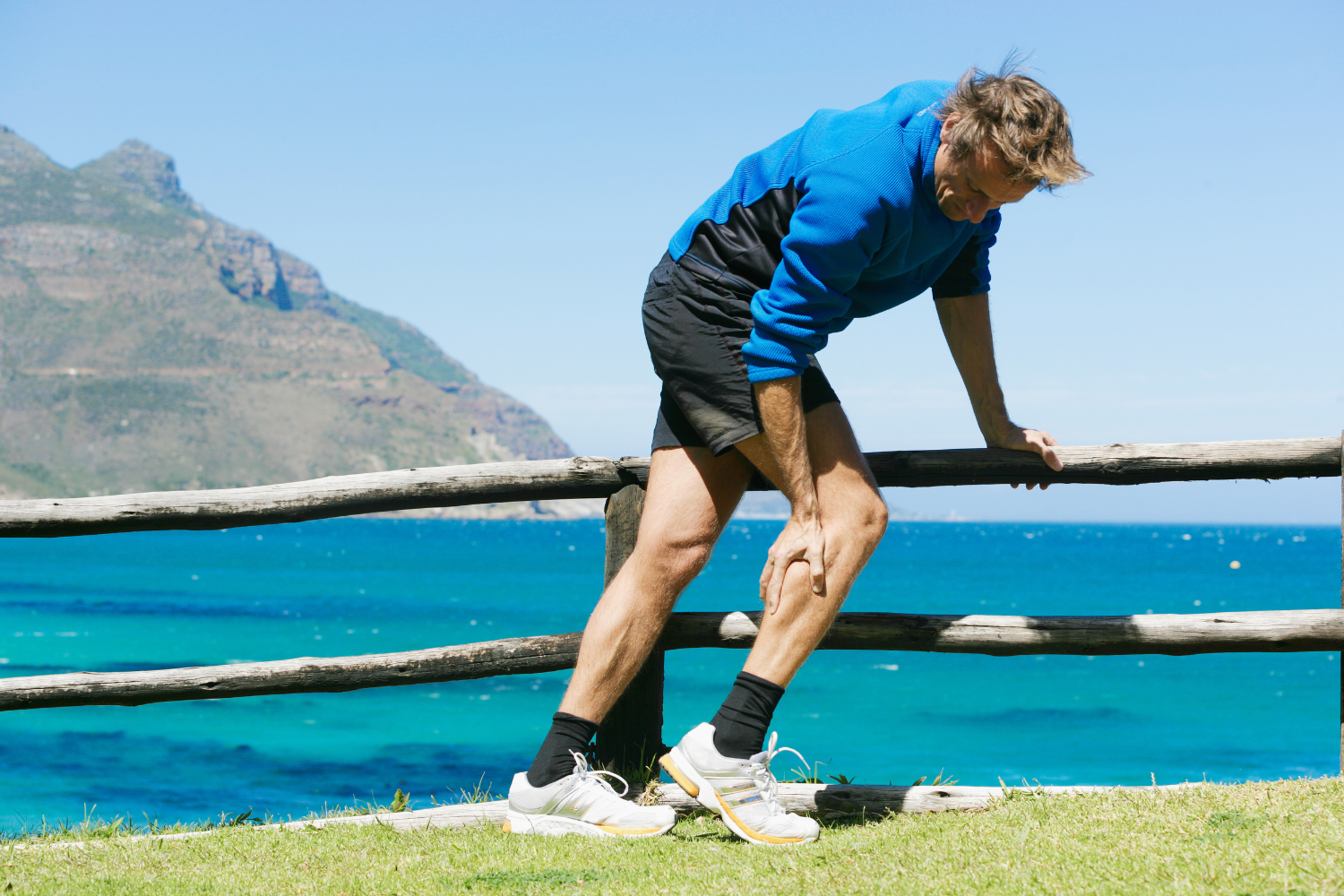The ketogenic diet, or keto diet, is a low-carb approach that trains the body to rely on fat for energy. Along with this shift, the way your body handles fluids and electrolytes also changes. As carb intake goes down, insulin drops, and the body flushes out more water and minerals than usual. That’s why people often run into the “keto flu,” with issues like muscle cramps, brain fog, or fatigue in the first weeks.
Understanding how key electrolytes support muscle and nerve function, hydration, and overall performance is crucial for maintaining electrolyte balance and helping support healthy electrolyte and magnesium levels. This guide explains why electrolytes on a keto diet matter, what happens when levels run low, and how to stay balanced for better health and energy.
What Are Electrolytes and Why Do They Matter on Keto?
Electrolytes are minerals, mainly sodium, potassium, magnesium, and calcium, that carry an electrical charge in the body. They play a role in hydration and fluid balance and also keep muscles and nerves firing the way they should. They are also key electrolytes for muscle and nerve function, helping with proper muscle contraction and signaling throughout the body.
In addition, electrolytes support energy metabolism, making them critical electrolytes for anyone following a ketogenic diet. Without enough electrolytes, it becomes harder to sustain optimal hydration, electrolyte balance, and steady energy during a low-carb lifestyle.
Why Do Keto Dieters Lose More Electrolytes?
On keto, the drop in carbohydrates changes how the body holds onto water, which also pulls electrolytes along with it. When carb intake decreases, insulin levels drop, and the body releases stored water, leading to fluid and electrolyte loss. This makes maintaining electrolyte balance more challenging for keto dieters compared to those on higher-carb diets.
Common reasons for electrolyte imbalance on a ketogenic diet include:
-
Increased urination from lower insulin levels and fluid shifts
-
Sweating and exercise that further deplete sodium, potassium, and magnesium
-
Limited variety of whole foods, which can reduce electrolyte intake and lead to deficiencies

Key Electrolytes to Focus On During Keto
Keto dieters need to pay close attention to electrolyte intake because the ketogenic diet can change how the body processes electrolytes differently than other eating plans. Focusing on these key electrolytes helps maintain mineral balance, fluid balance, and proper hydration throughout the keto lifestyle.
Sodium
Eating fewer carbs lowers insulin, and the kidneys respond by flushing out more sodium and water. This leads to fluid and electrolyte loss and often means keto dieters need more sodium to support optimal hydration and blood pressure. Replenishing sodium supports electrolyte balance and muscle function.
Potassium
Potassium helps your muscles contract and your nerves send signals, two things you notice right away if levels dip too low. On a ketogenic diet, limited food choices can lead to potassium deficiency, which may be associated with muscle discomfort or changes in fluid balance when potassium intake is low. Potassium supplements or keto-friendly foods, such as leafy greens, can help replenish electrolytes and maintain a steady electrolyte status.
Magnesium
Magnesium pulls a lot of weight in the body. It turns food into energy, keeps muscles and nerves steady, and can even make it easier to relax at night. Low-carb intake combined with fluid shifts can increase the risk of magnesium deficiency, making it important to support healthy muscle and nerve function, especially when dietary intake is reduced. Magnesium supplements, magnesium chloride, or even daily magnesium from leafy greens can support proper hydration, electrolyte levels, and better rest.
Calcium
Calcium is another essential electrolyte that’s important for bone health and supports muscle and fluid balance. Keto dieters may face calcium deficiency if their food variety is limited, which can affect mineral supplements needs and overall electrolyte supplementation strategies. Getting enough calcium from keto-friendly foods or mineral supplements helps preserve both bone strength and proper electrolyte balance.

Signs You May Need More Electrolytes on Keto
When electrolytes run low, the body often sends early warning signs. These signs point to the need for replenishing sodium, potassium, magnesium, and other electrolytes to maintain optimal hydration and energy on a ketogenic diet.
Common signs of low electrolyte intake include:
-
Muscle cramps or muscle weakness during workouts or rest
-
Headaches linked to low electrolytes or fluid shifts
-
Fatigue or common keto flu feelings from lost electrolytes
-
Dizziness when standing up due to lower blood volume and not enough sodium
How to Maintain Healthy Electrolyte Balance on Keto
Staying balanced on keto also means being mindful of electrolytes. A focus on keto electrolytes through food, hydration, and supplementation supports hydration, electrolyte intake, and daily nutritional needs.
Add Electrolyte-Rich Foods
Keto-friendly foods like avocado, leafy greens, nuts, seeds, and fish provide essential electrolytes such as potassium, magnesium, and calcium. Including these in a low-carb diet helps support fluid balance, muscle and nerve function, and replenishes lost electrolytes without increasing carbohydrate intake.
Use Salt Smartly
Sodium intake is often lower on the keto diet, so adding more sodium through meals can help maintain electrolyte balance. Simple options include seasoning food with salt, sipping broth, or adding sodium chloride to keto-friendly soups. These approaches help support blood pressure and electrolyte status without relying only on supplements.
Stay Hydrated
Proper hydration requires more than drinking plain water. Electrolyte-infused water or an electrolyte drink supports optimal hydration by replacing lost electrolytes along with fluids. Pairing water with sodium, potassium, and magnesium helps regulate fluid balance and muscle contraction more effectively.
Consider Electrolyte Supplements
Electrolyte supplementation can be helpful for keto dieters who struggle to get enough electrolytes from food alone. Keto-friendly powders, capsules, or electrolyte drink mixes such as LyteLine’s LytePow or LyteShow provide sodium, potassium, and magnesium to help support hydration and electrolyte intake. Electrolyte supplements are especially useful during times of higher sweating, intense exercise, or when keto flu symptoms are more noticeable.

Practical Tips for Avoiding Imbalances
Maintaining steady electrolyte levels on a keto lifestyle requires planning and awareness. Paying attention to both food sources and daily hydration can help support steady electrolyte intake and energy metabolism.
Tips for maintaining electrolyte balance include:
-
Transition into keto gradually to reduce sudden fluid and electrolyte loss
-
Monitor thirst and hydration cues to stay on top of electrolyte intake
-
Consult a healthcare professional if you are on medications that affect blood pressure or electrolyte levels

Simple Ways to Keep Electrolytes Balanced on Keto
On keto, electrolytes aren’t optional. They’re what keep hydration, energy, and performance steady day to day. A balanced approach includes incorporating keto-friendly foods like leafy greens and avocados, pairing water with electrolyte-rich beverages, and considering mineral supplements as needed.
Instead of relying on quick fixes, staying mindful about daily electrolyte status helps avoid common issues like brain fog or muscle cramps. For added support, LyteLine’s LytePow and LyteShow provide keto electrolytes that help maintain optimal hydration and electrolyte balance, while Drinkwel offers complementary supplementation options tailored to active lifestyles.
Frequently Asked Questions
What happens if electrolytes get too low on keto?
Inadequate electrolyte intake on keto has been associated with feelings of fatigue, muscle cramps, and dizziness, often referred to as ‘keto flu.’
Do you need supplements, or can food be enough?
Electrolyte-rich foods may be enough for some keto dieters, but supplements can help cover gaps.
How much salt should you add on keto?
Most keto dieters benefit from a slightly higher sodium intake, but exact needs depend on carb intake, exercise, and health status.
Can too many electrolytes be harmful?
Yes, excess electrolyte supplementation can raise risks like high blood pressure or imbalances, so moderation is important.
Is it okay to drink electrolyte drinks every day on keto?
Daily use of an electrolyte drink may help support electrolyte intake, especially when fluid losses are higher on a ketogenic diet. Consult your healthcare provider for personalized advice.
References
-
Duraj, T., Kalamian, M., Zuccoli, G., Maroon, J. C., D'Agostino, D. P., Scheck, A. C., Poff, A., Winter, S. F., Hu, J., Klement, R. J., Hickson, A., Lee, D. C., Cooper, I., Kofler, B., Schwartz, K. A., Phillips, M. C. L., Champ, C. E., Zupec-Kania, B., Tan-Shalaby, J., Serfaty, F. M., … Seyfried, T. N. (2024). Clinical research framework proposal for ketogenic metabolic therapy in glioblastoma. BMC medicine, 22(1), 578. https://doi.org/10.1186/s12916-024-03775-4
-
Gennari F. J. (1998). Hypokalemia. The New England journal of medicine, 339(7), 451–458. https://doi.org/10.1056/NEJM199808133390707
-
Liamis, G., Liberopoulos, E., Barkas, F., & Elisaf, M. (2014). Diabetes mellitus and electrolyte disorders. World journal of clinical cases, 2(10), 488–496. https://doi.org/10.12998/wjcc.v2.i10.488
-
Skartun, O., Smith, C. R., Laupsa-Borge, J., & Dankel, S. N. (2025). Symptoms during initiation of a ketogenic diet: a scoping review of occurrence rates, mechanisms and relief strategies. Frontiers in nutrition, 12, 1538266. https://doi.org/10.3389/fnut.2025.1538266
-
Volpe S. L. (2013). Magnesium in disease prevention and overall health. Advances in nutrition (Bethesda, Md.), 4(3), 378S–83S. https://doi.org/10.3945/an.112.003483
-
Westman, E. C., Tondt, J., Maguire, E., & Yancy, W. S., Jr (2018). Implementing a low-carbohydrate, ketogenic diet to manage type 2 diabetes mellitus. Expert review of endocrinology & metabolism, 13(5), 263–272. https://doi.org/10.1080/17446651.2018.1523713



